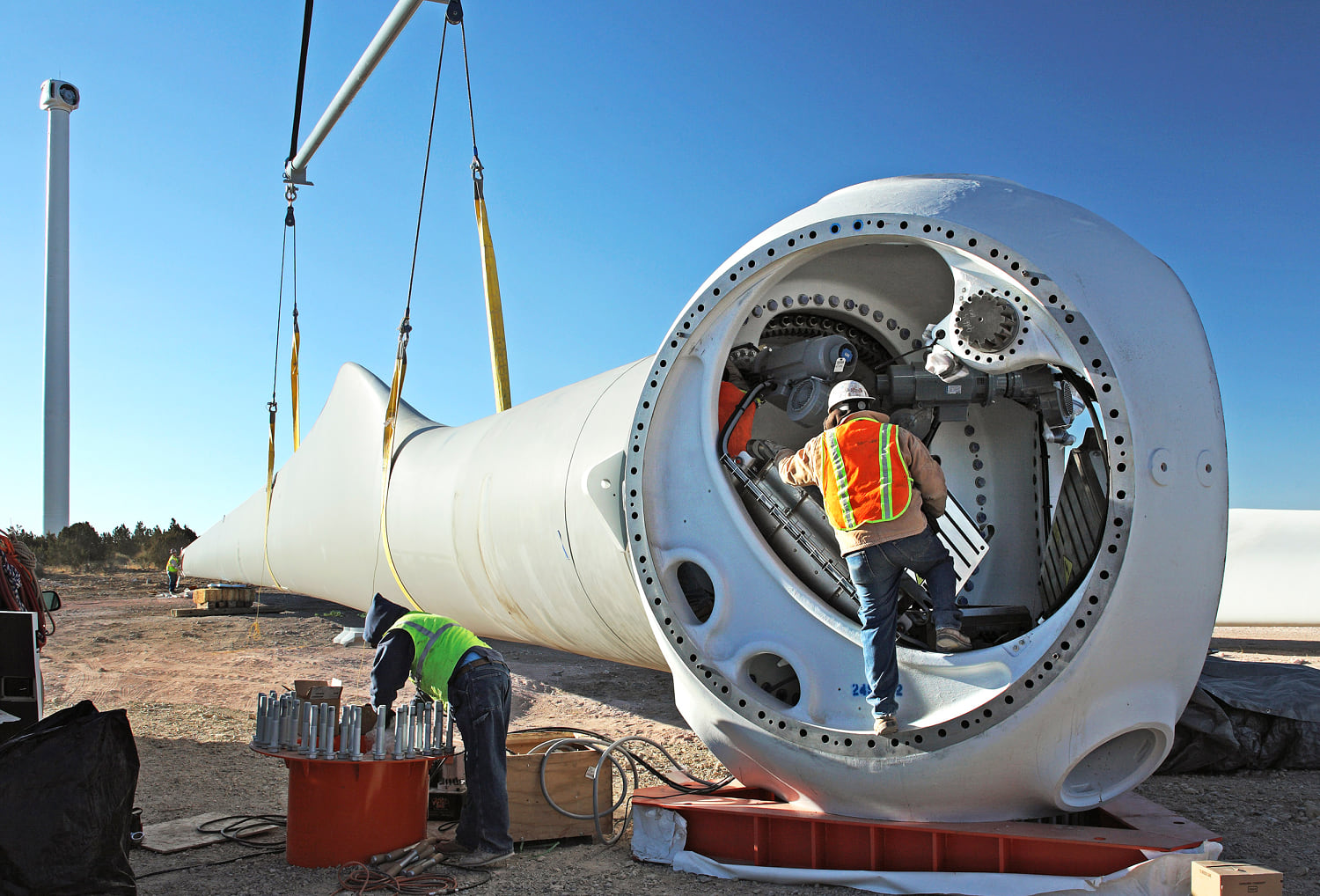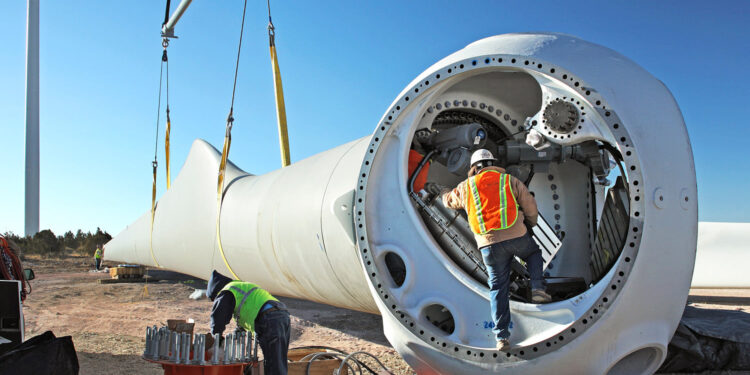
In addition to economic stress, offshore wind projects face both federal and state regulations because they have to get approval from the Bureau of Ocean Energy Management, said Joshua Basseches, an assistant professor of environmental studies and public policy at Tulane University in Louisiana. Onshore projects only deal with state regulations, making the development of offshore projects slower than onshore ones, he said.
Misinformation about the impact offshore wind turbines have on the environment could also make people less likely to support new projects. Trump has said that whales are harmed by offshore wind turbines, though no evidence supports that claim.
“A new federal administration that takes that misinformation and gives it an official standing or platform would be very dangerous for the future of offshore wind,” Basseches said.
But Basseches said a new administration won’t kill the momentum. As wind energy becomes less expensive, “coal will continue to be retired and constitute a smaller and smaller share of our total electricity generation, and I think that will be the case regardless of whatever happens politically.”
Kates-Garnick said that the states see offshore wind as an opportunity for economic development, so no matter what happens in November, she predicts that they will continue supporting offshore wind long term.







